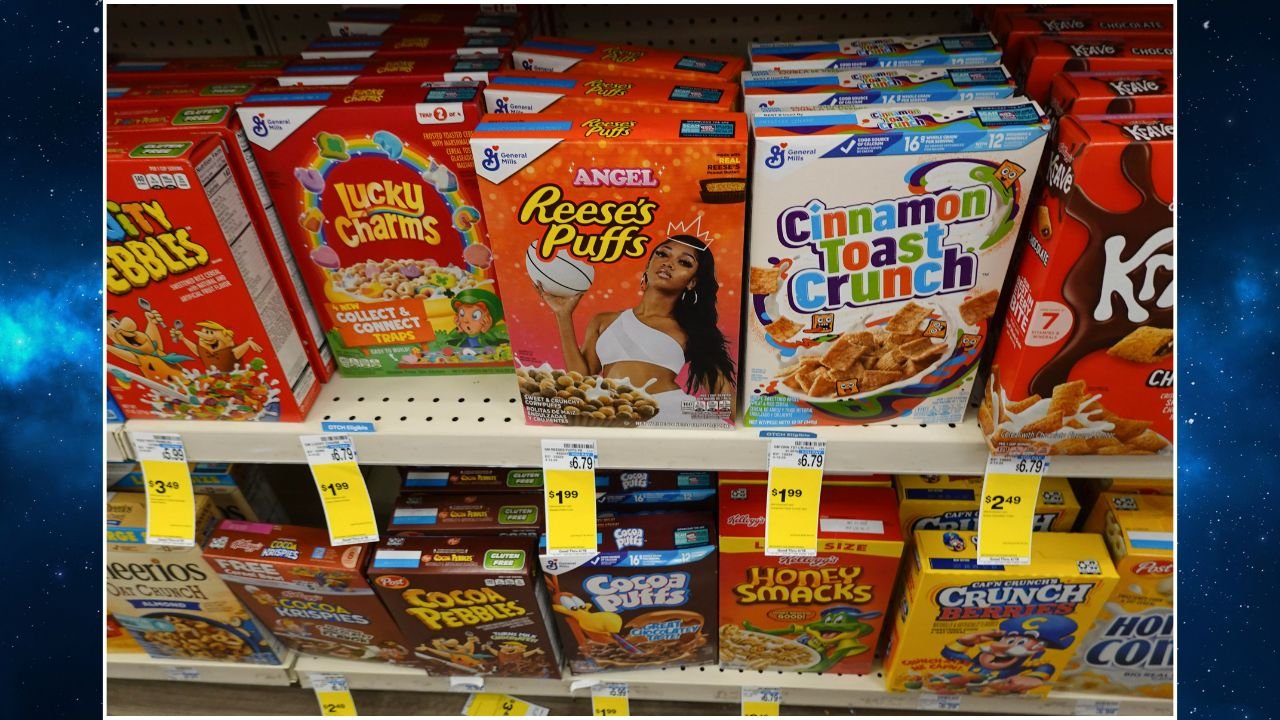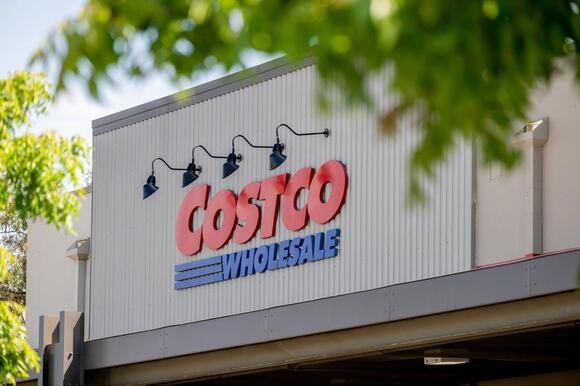CHICAGO — General Mills has announced it will remove all artificial dyes from its food products by the end of 2027, a significant shift driven by consumer demand and growing health concerns over synthetic additives.
The Minnesota-based company shared the update Tuesday, saying it has already made substantial progress — with 85% of its retail items and nearly all school food offerings already free of “certified colors,” a term used by the FDA for certain synthetic dyes.
Popular Brands Will Be Reformulated
General Mills, which owns household staples like Pillsbury, Betty Crocker, and Cheerios, confirmed it will eliminate artificial coloring in its entire cereal line and school products by summer 2026, and for the remaining portfolio by year-end 2027.
The company did not provide a list of specific products still containing dyes, but it did confirm that three Cheerios varieties — Honey Nut Cheerios Medley Oat Crunch, Chocolate Peanut Butter Cheerios, and Honey Nut Cheerios Minis — are being discontinued. However, General Mills clarified that this decision was not directly related to the dye-removal effort.
Industry Pressure and FDA Involvement
This move comes amid growing regulatory scrutiny. In April, both the U.S. Food and Drug Administration (FDA) and the Department of Health and Human Services urged food companies to phase out synthetic food dyes. While not an outright ban, this federal guidance aligns with more aggressive state-level action — with California and West Virginia already implementing restrictions.
General Mills Chairman and CEO Jeff Harmening stated:
“Across the long arc of our history, General Mills has moved quickly to meet evolving consumer needs, and reformulating our product portfolio to remove certified colors is yet another example.”
Competitor Kraft Heinz Also Following Suit
On the same day, Kraft Heinz also revealed a similar plan to remove artificial food dyes, signaling a broader shift in the U.S. food industry. These moves reflect changing consumer attitudes favoring cleaner labels, natural ingredients, and transparency in packaged foods.
A Billion-Dollar Portfolio Under Transformation
General Mills, headquartered in Golden Valley, Minnesota, reported $20 billion in net sales last year. With such a vast product range, the complete removal of synthetic dyes marks a landmark transition in the packaged food space.
What do you think about food manufacturers removing artificial ingredients? Should Illinois adopt similar product labeling laws like California? Share your views in the comments at ChicagoSuburbanFamily.com.














